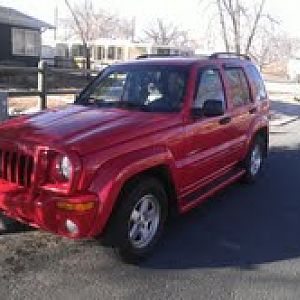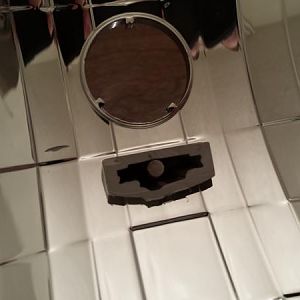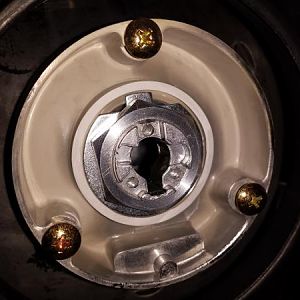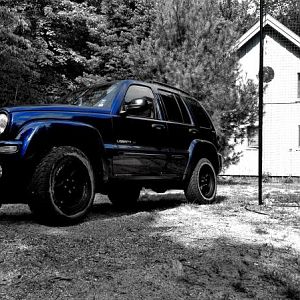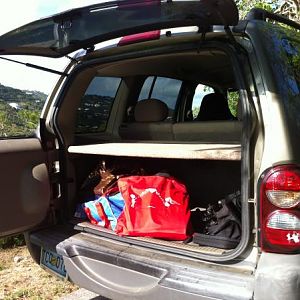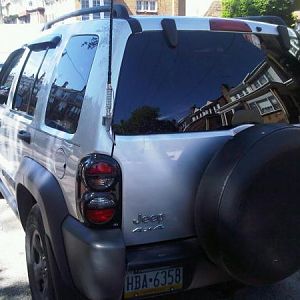Hi BjBnet, when I mentioned driving habits, it wasn’t so much about how you drive your vehicle, as where you drive it- mountains or even hilly terrain, windy conditions, wet or snowy conditions, cold weather, lots of passengers or cargo or lots of starting and stopping all can have a negative impact on mileage. If someone has their battery changed and their tire pressure was checked and it turned out to be low, proper air pressure can significantly increase economy.
If our batteries did make a difference in mileage, I’m sure the hyper-milers would’ve picked up on it by now, but I won’t try to talk you out of it and I’m glad it’s working for you. I can tell you that 12.3 volts is too low for a YellowTop, but any properly-functioning alternator should have no trouble maintaining our batteries, provided the vehicle is driven long enough to allow the alternator to do its job. The voltage of your battery when your engine is running is the output of your alternator and should be approximately 13.7-14.7 volts. Fully-charged, YellowTops should measure approximately 13.0-13.2 volts, but lots of short trips can slowly discharge any battery over time, if the alternator isn’t give enough time to replace the energy used to start a vehicle.
Do you keep any accessories plugged into your vehicle, like a Garmin or Satellite radio? Do you know what your “key-off” load is? The typical key-off load is about 25 milliamps, but loads exceeding 100 milliamps can slowly discharge a battery (just ask the Corvette guys). This video explains some basic battery diagnostics, including how to measure your key-off load- http://www.youtube.com/watch?v=-yPlx4MBNRU
Jim McIlvaine
eCare Manager, OPTIMA Batteries, Inc.
www.facebook.com/optimabatteries
If our batteries did make a difference in mileage, I’m sure the hyper-milers would’ve picked up on it by now, but I won’t try to talk you out of it and I’m glad it’s working for you. I can tell you that 12.3 volts is too low for a YellowTop, but any properly-functioning alternator should have no trouble maintaining our batteries, provided the vehicle is driven long enough to allow the alternator to do its job. The voltage of your battery when your engine is running is the output of your alternator and should be approximately 13.7-14.7 volts. Fully-charged, YellowTops should measure approximately 13.0-13.2 volts, but lots of short trips can slowly discharge any battery over time, if the alternator isn’t give enough time to replace the energy used to start a vehicle.
Do you keep any accessories plugged into your vehicle, like a Garmin or Satellite radio? Do you know what your “key-off” load is? The typical key-off load is about 25 milliamps, but loads exceeding 100 milliamps can slowly discharge a battery (just ask the Corvette guys). This video explains some basic battery diagnostics, including how to measure your key-off load- http://www.youtube.com/watch?v=-yPlx4MBNRU
Jim McIlvaine
eCare Manager, OPTIMA Batteries, Inc.
www.facebook.com/optimabatteries


